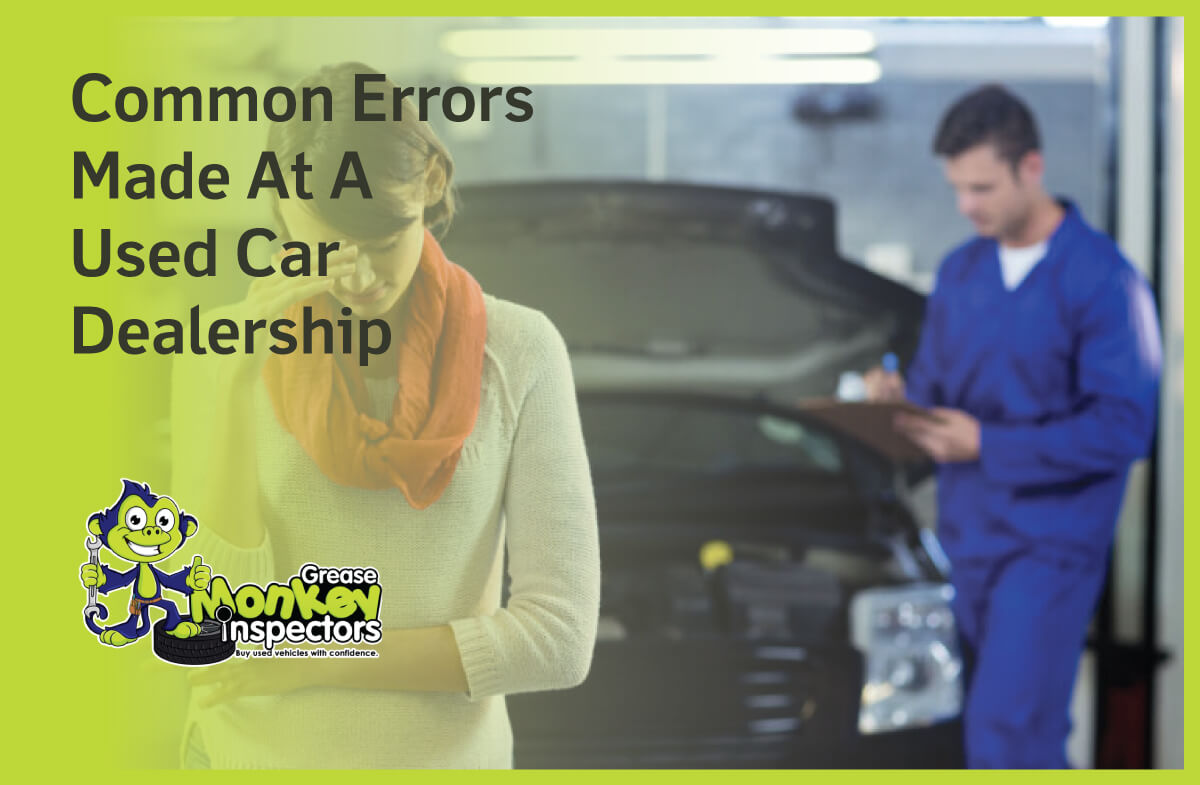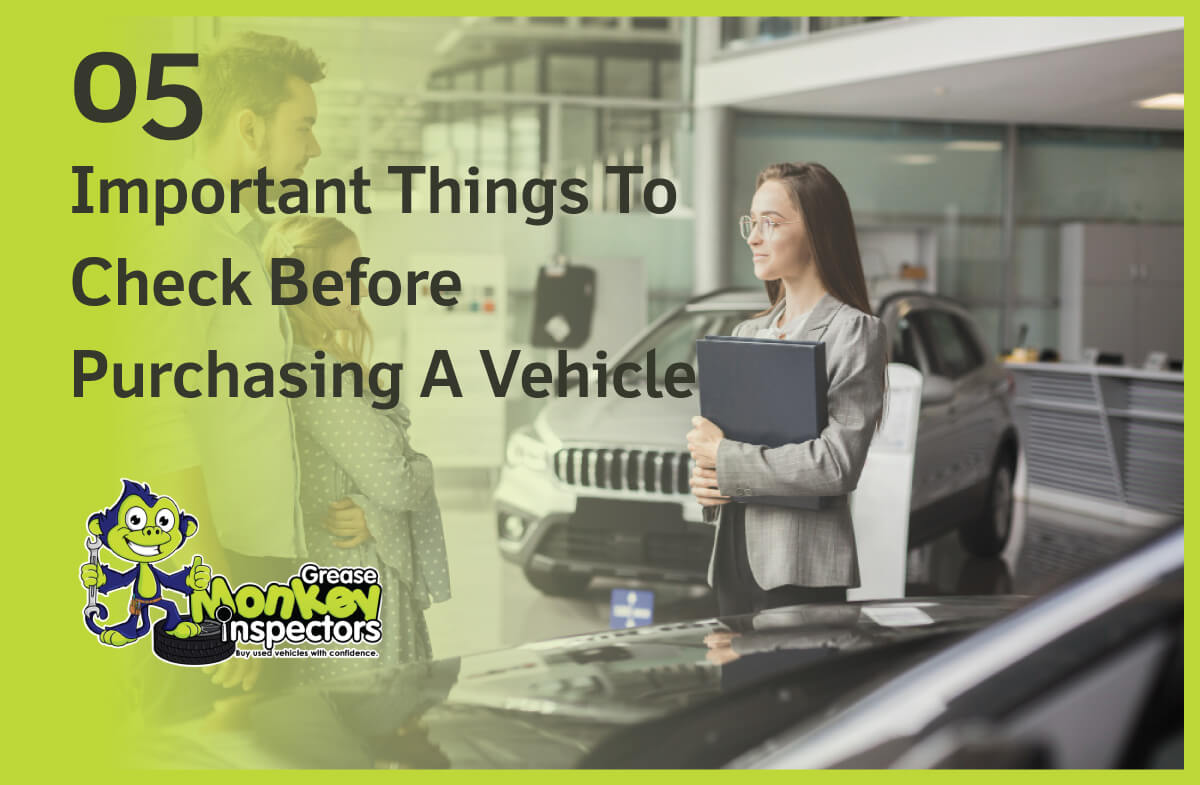Buying a Used Vehicle can be as easy as going to a local dealership, or it might mean traveling to another state to find the exact vehicle you want. When you’re purchasing a Used Vehicle in Ontario or anywhere in Canada, it’s essential to be thorough to ensure you’re getting a reliable car. Here’s how to make the process smoother and avoid unexpected issues.
Schedule a Pre-Purchase Vehicle Inspection
Before committing to any Used Vehicle, it’s crucial to have a professional inspect it. At Greasemonkey Inspectors, we offer comprehensive pre-purchase inspections that cover everything from mechanical systems to maintenance history. Our skilled technicians provide unbiased and detailed reports on the vehicle’s condition, helping you make an informed decision. A proper inspection ensures the car is roadworthy, safe, and worth the investment. We also include a history report with every inspection to give you a complete overview of the vehicle.
Understand State-Specific Requirements
Each state has unique regulations for purchasing a Used Vehicle, especially when bringing it into your home state. While there are some common rules, it’s essential to know the specific requirements of the state where you’re buying and where you’ll register the car.
For example, you’ll need to make sure the car passes a smog and emissions test that’s valid in your home state. In some cases, certification from another state might not be accepted, so retesting may be necessary.
Safety inspections are another critical factor. Some states require an annual or biennial check, while others only ask for an inspection when ownership is transferred. Check with your local motor vehicle agency to ensure compliance with local regulations for Used Vehicle in Canada.
Handle Title and Registration Properly
When buying from a dealer, they usually manage the title transfer and registration. However, if you’re purchasing from a private seller, you’ll need to handle these steps yourself. This process can involve coordination between your state’s motor vehicle agency and the agency in the state where you purchased the car. Be sure to pay attention to all paperwork requirements to avoid any delays or complications.
Pay the Appropriate Taxes
Sales tax for a Used Vehicle is paid in the state where you plan to register it. This means you’ll need to ensure that you pay the tax in your home state, even if the car is purchased elsewhere. Without the correct tax payment, you won’t be able to register the car, so it’s important to handle this step promptly.
Ensure Adequate Car Insurance
Contact your insurance provider before finalizing a purchase. Almost every state requires proof of car insurance before the vehicle can be legally driven. Additionally, consider that if you’re buying a car from another state, you may have a long drive back to your home. Proper insurance coverage is essential for peace of mind during that journey. Make sure you have the right policy in place before picking up your car.
Rely on Greasemonkey Inspectors for Your Inspection Needs
At Greasemonkey Inspectors, we specialize in pre-purchase vehicle inspections. We’re not a dealership or a car seller—we focus entirely on ensuring the car you’re considering is a smart and safe choice. If you’re buying a Used Vehicle in Ontario or anywhere in Canada, trust our expert team to deliver a thorough and accurate assessment. Schedule an inspection with us today, and take the stress out of buying a used car. You can find us here.
Additional Tips for a Smooth Purchase
- Verify the Vehicle’s History: Always request a detailed history report. At Greasemonkey Inspectors, every inspection includes this report, giving you full transparency about the vehicle’s past, including any accidents, repairs, or title issues.
- Negotiate with Confidence: Use the inspection report to negotiate the best possible price. A clear understanding of the car’s condition will give you the leverage to make an informed offer.
- Prepare for a Road Trip: If the car needs to be driven across state lines, plan ahead. Have emergency supplies, review your route, and schedule rest stops if the drive is long.
Explore our Inspection Packages for more details on how we can assist with your pre-purchase process. We’re here to make your car-buying experience secure and hassle-free.



